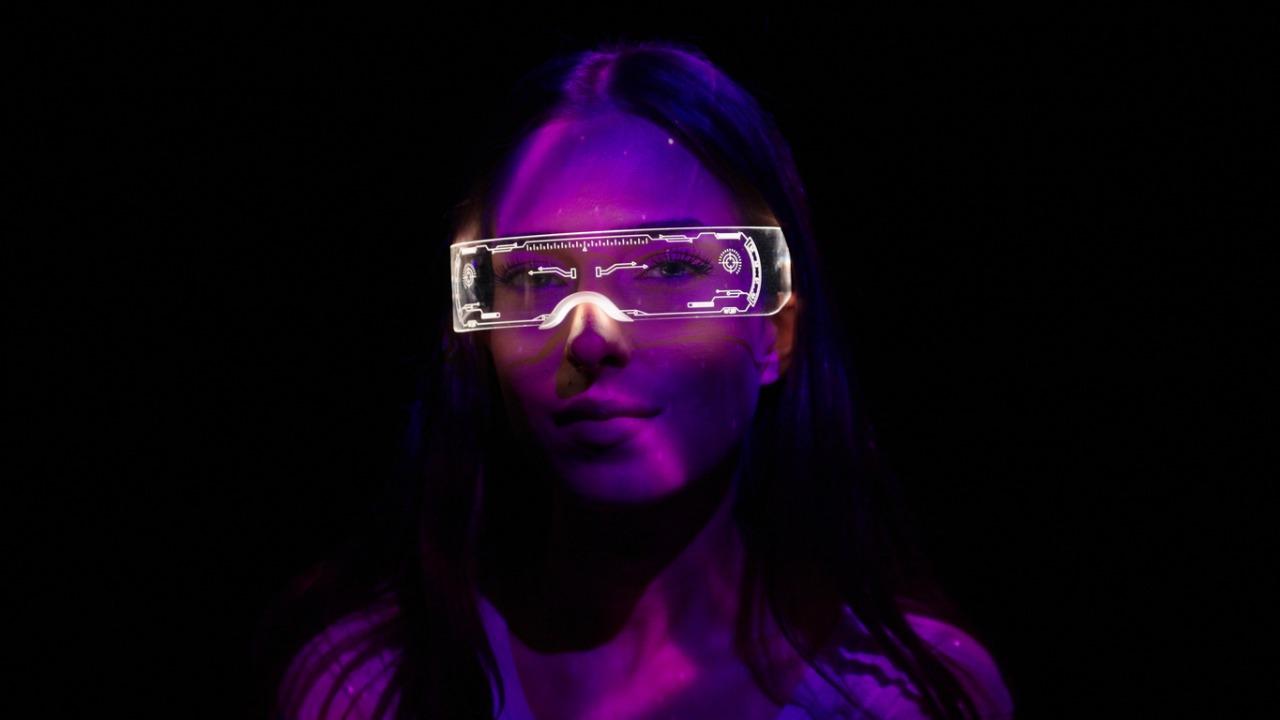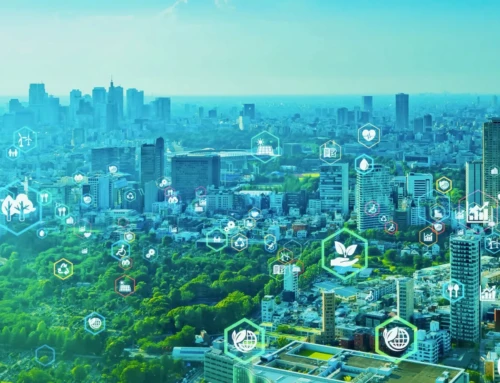Technology developments have changed how retail organizations conduct business over the past ten years. Following COVID-19, cutting-edge immersive technologies are altering customer behavior, staff expectations, and the retail experience. Examples include virtual reality (VR), extended reality (XR), and mixed reality (MR). Moving to the metaverse is retail.
These immersive technologies were previously exclusively depicted in science fiction literature and films. Then they started to enter the gaming sector. The metaverse is powered by immersive technologies, which are now having an impact on both large and small retail businesses. 56.6% of survey participants preferred online shopping over in-person shopping, a rise of over 10% from 2020. According to a different survey, in the first half of 2022, roughly 32% of VR users made purchases on VR platforms.
The total market size for online shopping is expected to surpass that of traditional retail. Online retailers are breaking through the bricks and mortar and directly connecting with customers (both reactively and proactively) by using communications technology through social and messaging platforms, and by doing so, moving beyond the one-time transactions to two-way conversations and ongoing engagement for more meaningful relationships.
Despite exceeding predictions, physical retail has been permanently changed by the pandemic. Customers anticipate digital-first retailers who prioritize community, speed, and convenience. Retailers will need to change their shop strategy as they navigate the future of physical retail to satisfy changing client expectations.
By 2023, it is anticipated that U.S. e-commerce sales would reach $740 billion, thanks in large part to increasing usage of smartphones and mobile shopping, social media and social commerce, disruptive technology, among other things.
The metaverse is being used by retail to create memorable consumer experiences.
According to the data, this tendency will persist, therefore companies must improve their omnichannel strategies and look for new marketing channels to provide seamless shopping experiences. Tens of millions of potential users will be reached when at least three additional large collaboration technology providers—think Zoom, Slack, Webex, or Google apps—add 3D metaverse-style functionality in 2023.
Consumers’ tolerance for subpar brand experiences will decline for the first time in three years, predicts the report, which also warns that firms should prepare to increase their social care and customer support staff in 2023 to deal with a more demanding clientele. The trend is obvious: Even in metaverse shopping, companies who place a higher priority on customer experience are more likely to succeed than those that don’t.
If businesses want to increase sales, they must give customers interesting experiences.
Metaverse shopping is all about the customer experience.
Customer experience is an important part of retail, and the metaverse won’t be any different. Businesses should put their efforts into giving customers great experiences. We need to stop talking about the technical terms and just create great experiences. Because the customer doesn’t care how the meal is made. They just want something healthy that tastes good.
Metaverse Trends
Currently, the following are some of the most prominent trends in the metaverse:
- WEB 3D Businesses are working harder to create 3D settings that are photorealistic so that customers may participate meaningfully in the metaverse.
- GAMING PLATFORMS Today, a billion individuals play games on metaverse platforms like Roblox, Zepeto, and Fortnite. As a result, businesses are eager to reach this audience.
- AVATARS Avatars are currently being used by brands as hosts, sales representatives, models, and more.
Enterprises must decide which options, capabilities, and trends they wish to adopt in order to fully benefit from the metaverse. He advised brands to develop a baby-step approach by selecting the platforms and consumer experiences they want to offer, identifying the appropriate partners to carry it out, and testing it to see what works best for them.
Only then can businesses benefit from providing a customer experience specifically designed for the metaverse, where an increasing number of consumers will be purchasing in the years to come.
New York Software Developers can help you stay ahead of the competition. Contact us today to talk to a metaverse developer.




